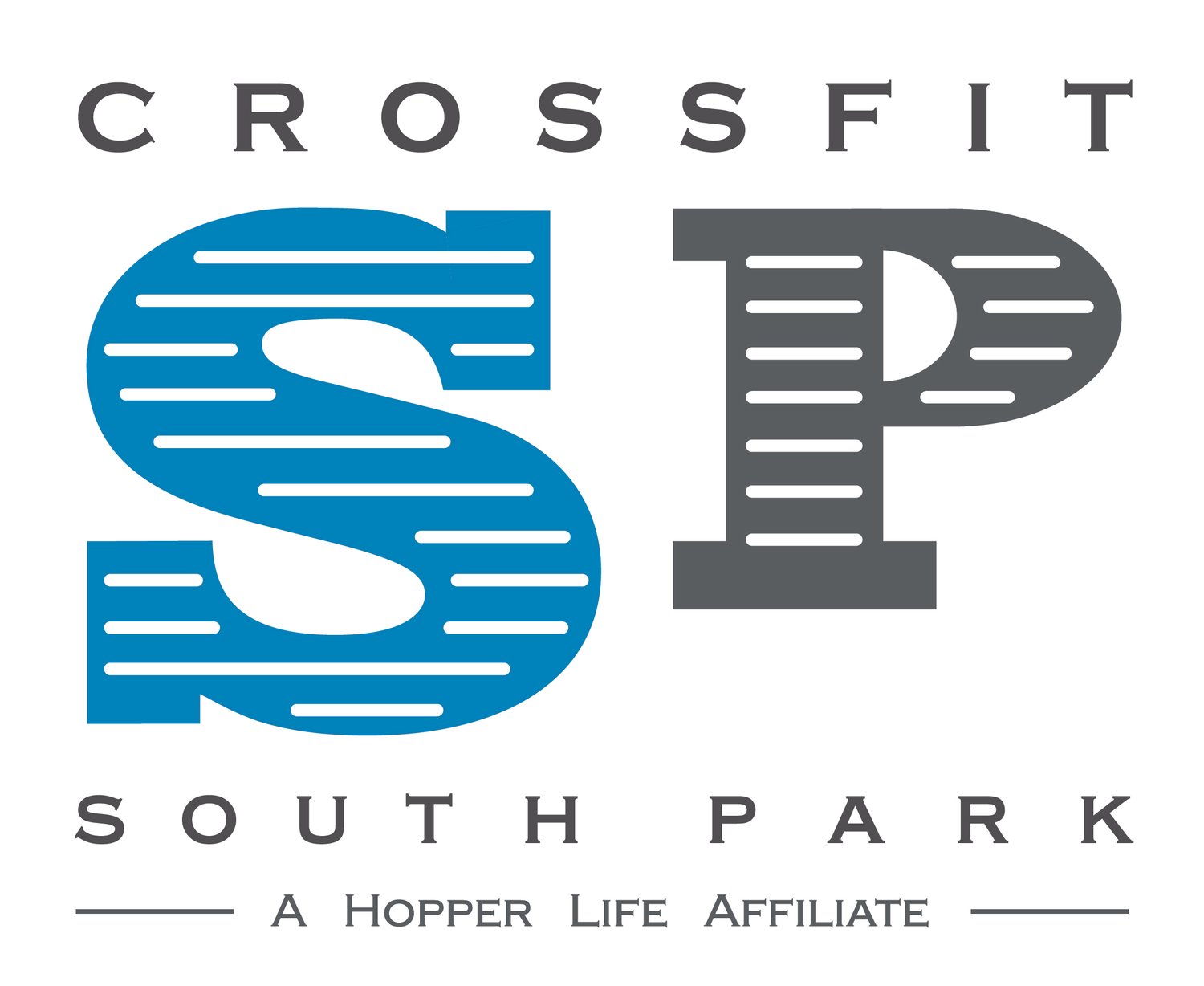crossfit: risk of injury?
“I’m afraid I’ll get injured doing CrossFit” is a very common concern for new athletes, or those considering CrossFit as a fitness lifestyle. A lot of these worries are fueled by negative experiences shared online, as well as an abundance of Instagram and Tik Tok videos of people doing really unsafe things with barbells.
No doubt, CrossFit workouts can be intense and they do involve complex movements. This leads to a higher risk of injury if proper form is not maintained or if individuals push themselves too hard without adequate training or supervision.
Listen. The vast majority of us are not professional CrossFit athletes that train six hours per day. We are - just like you - regular people from all walks of life: parents, doctors, engineers, entrepreneurs, nurses, teachers. Our goal is not to make it to the CrossFit Games. We want to consistently work out a few times each week, and come back stronger (and injury-free) the next day. CrossFit is our “energy place”: the walls of this box is where we come to charge our batteries and fortify ourselves to take on the outside world.
Here are the many things we do to mitigate the risk of injury:
Education on Proper Form and Technique: Within each class, our coaches provide comprehensive education on proper form and technique for all CrossFit movements to be performed in that day’s workout. We emphasize the importance of maintaining correct alignment, engaging the appropriate muscles, and avoiding compensatory movements that could lead to injury. We are so dedicated to this standard, that we require ALL new athletes to complete an Elements program and demonstrated proficiency in the fundamental movements prior to attending regular classes.
Qualified Coaching Staff: All of our coaches are properly trained, CrossFit certified, and experienced in teaching safe and effective movement mechanics. We encourage our coaches to pursue ongoing professional development. All coaches share knowledge and feedback during weekly conference calls. Coaches provide real-time feedback to one another on workouts and individual athletes.
Individualized Scaling Options: Every CrossFit movement and workout is infinitely scalable. Can’t do a strict push-up? Go from the knees. That’s too hard? Use a diagonal position with your hands on a bench or a box. Use a band for assistance. Reduce the range of motion. Our coaches will help you scale as needed until you can build the strength and technique to graduate to the next level. We scale and modify workouts to accommodate individuals of varying fitness levels, abilities, and injury histories. We also encourage our athletes to listen to their bodies and choose appropriate scaling options that allow them to safely participate in the workout.
Emphasis on Technique Over Intensity: We foster a culture that prioritizes proper technique and movement quality over intensity or completing workouts as quickly as possible. We encourage athletes to focus on mastering the fundamentals before progressing to more advanced movements or heavier weights.
Structured Progression and Periodization: We implement structured progression and periodization protocols to gradually increase the intensity and volume of workouts over time, allowing participants to build strength, endurance, and proficiency in movements while minimizing the risk of overuse injuries. In other words, when you first begin CrossFit, you might only come two days per week, eventually building up to three or more as you get stronger.
Warm-Up and Mobility Work: We incorporate extensive warm-up routines and mobility exercises into every CrossFit class to prepare the body for the demands of the workout, improve flexibility and joint mobility, and reduce the risk of injury. In fact, you might spend more than half of a class mobilizing, warming up, and building up to your desired weight to complete an 8-minute workout. On a day when you might test your one-rep max deadlift, you’ll have 20 minutes of thorough mobility and warm-up, and then spend 40 minutes on technique review and working up in weight, with ample rest in between sets.
Rest and Recovery: We stress the importance of rest, recovery, adequate sleep and proper nutrition in preventing injuries and supporting overall health and performance. We actively discourage the mentality of "no days off" and emphasize the value of listening to the body and taking rest days as needed. We offer a weekly Yoga for Athletes class to help restore and prepare you for a new week of fitness.
A Culture of Safety and Support: We foster a supportive and inclusive community where participants feel comfortable discussing injuries, concerns, or limitations with coaches and peers. Our coaches encourage open communication and provide resources for injury prevention and rehabilitation. “Does anyone have injuries or limitations we should know about?” is a typical question our coaches ask before each class begins. Coaches will always immediately engage with an athlete who is not performing movements safely.
